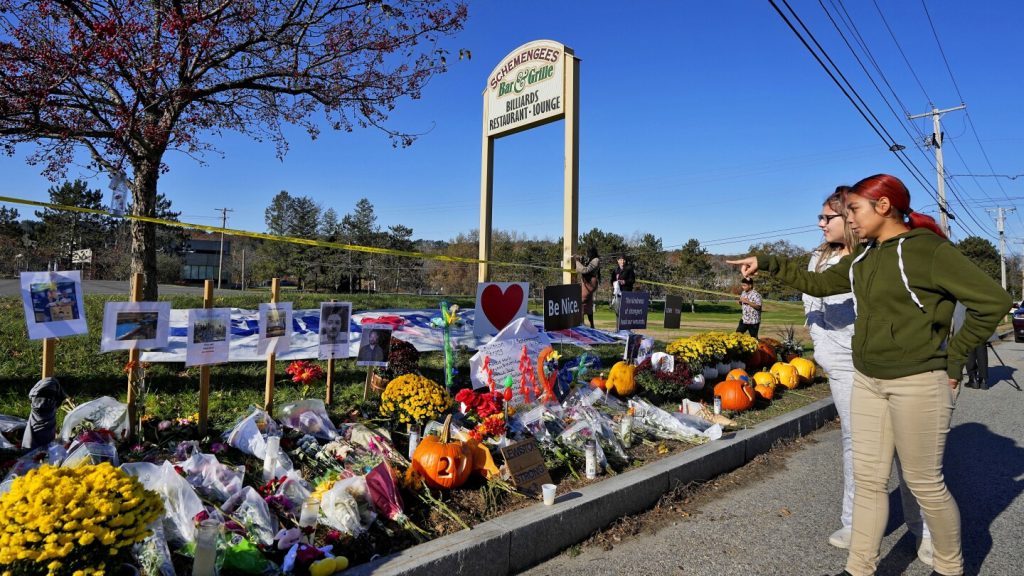Months after Maine’s deadliest mass shooting, state lawmakers held a hearing to debate a red flag bill that would allow family members to petition a judge to remove guns from someone experiencing a psychiatric crisis. The bill gained attention after a gunman killed 18 people amid signs of deteriorating mental health. Supporters believe the bill could help reduce gun violence, describing it as a public health crisis, while critics argue that it would unfairly target law-abiding gun owners and infringe on their constitutional rights. An independent commission studying the shooting recommended the use of the existing “yellow flag” law, which allows police to seize guns, but some lawmakers believe a red flag law could provide a more efficient solution.
The proposed bill outlines that a crisis intervention order could be filed by family members, law enforcement officers, or other household members if they believe the individual has shown signs of violence, self-harm, or threats of harm towards others. The order would prohibit the person in question from buying or possessing a gun, with full crisis intervention orders requiring a court hearing within 14 days and remaining valid for one year. Supporters argue that this measure strikes a balance between constitutional liberties and public safety while providing a necessary tool for families and police to prevent potential harm during a crisis. However, opponents, including gun owners, argue that the bill goes too far and could lead to government overreach by allowing officials to remove firearms from homes without due process.
Gun owners have expressed concerns about the potential implications of the red flag bill, emphasizing their right to defend themselves as enshrined in the United States and Maine Constitutions. They argue that the proposed legislation does not address other harmful instruments or provide adequate protection once firearms are removed, labeling it as a move by the gun control lobby. The existing yellow flag law requires a more lengthy process involving police taking individuals into protective custody and initiating a case before a judge, a process that some believe should have been used in the Lewiston shooting case. The debate over the red flag bill highlights the delicate balance between public safety measures and protecting individual rights.
Joe Anderson, a pediatrician working at a hospital in Lewiston on the night of the shooting, felt immense guilt in the aftermath of the tragedy, believing he could have done more to prevent it. In response, he helped form a group called Maine Providers for Gun Safety with other healthcare professionals to advocate for strategies to address gun violence, including the red flag bill. Anderson emphasized the broad support for extreme risk protection orders in the medical community and noted that such orders have been enacted in over 20 states. The group aims to push for solutions to prevent similar tragedies in the future and promote a safer environment for the community.
As the debate continues, lawmakers are tasked with finding a comprehensive approach to address gun violence while respecting individual rights and liberties. The red flag bill represents one potential solution to prevent harm during mental health crises, but it also raises concerns about government intervention and due process. Finding a balance between public safety and individual rights will be crucial in determining the fate of the proposed legislation in Maine. The aftermath of the state’s deadliest mass shooting continues to drive conversations about gun control measures and the need for proactive strategies to prevent future tragedies.


